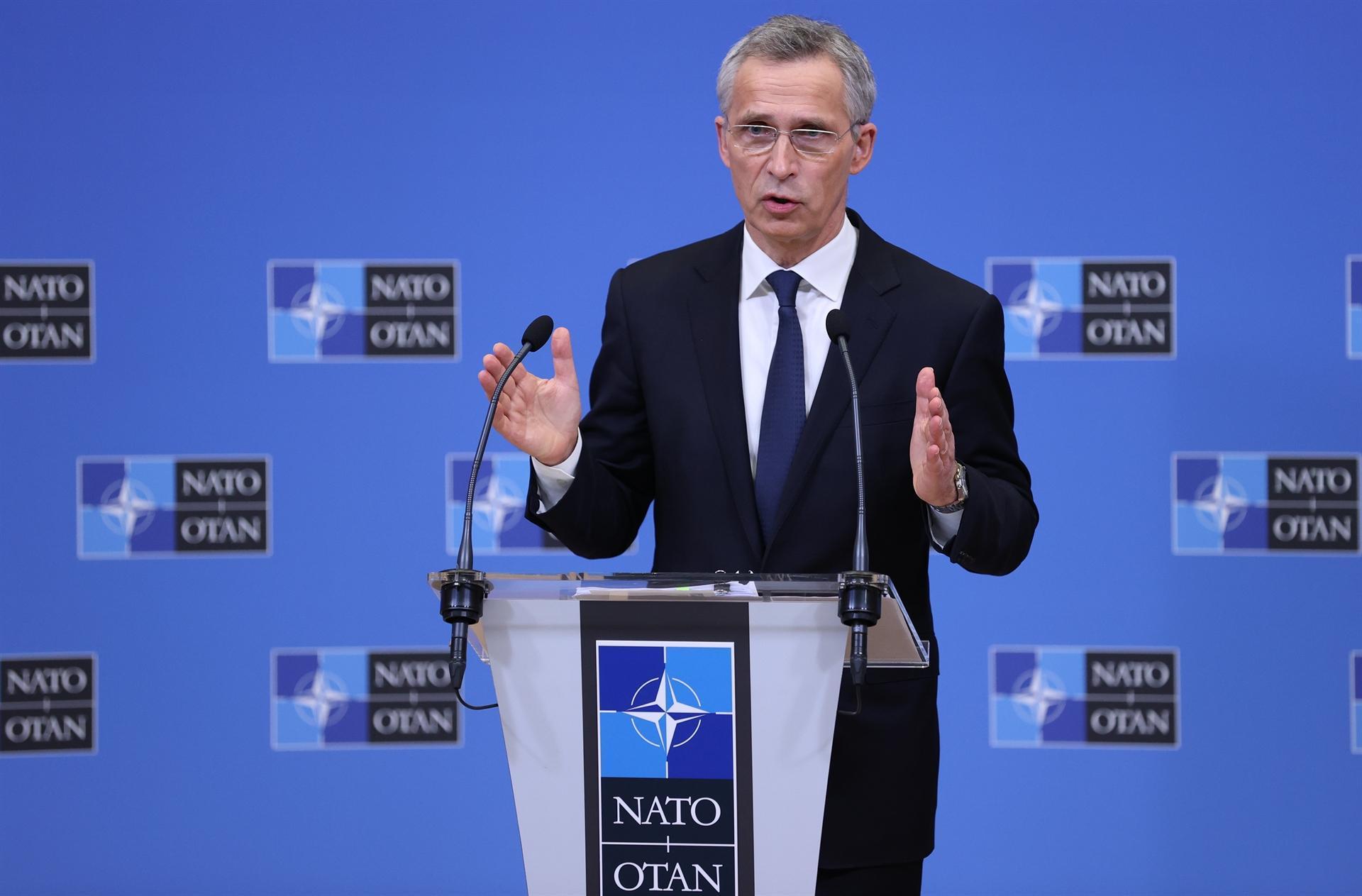
NATO foreign ministers showed support for strengthening the military alliance by the end of the decade, the NATO chief said on March 23.
“I sense a significant support for a bold and ambitious NATO 2030 agenda,” Secretary-General Jens Stoltenberg told journalists following the first day of the NATO foreign ministers' meeting in Brussels.
“We all agree that the transatlantic relationship embodied by NATO remains the cornerstone of our collective defense, central to our political relations, and an essential pillar to the rules-based order,” he explained.
The 2030 strategy is meant to prepare the military alliance for new challenges, such as Russia’s destabilizing activities, the threat of terrorism, sophisticated cyber-attacks, disruptive technologies, as well as the rise of China.
The NATO foreign ministers also assessed a separate report on the alliance response to climate change.
To be able to face these modern challenges, the secretary-general proposed “a substantial increase in common funding to support the deterrence and defense.”
“If we do more, it has consequences for funding,” Stoltenberg explained.
Withdrawal from Afghanistan
The top diplomats also discussed NATO’s withdrawal from Afghanistan, but they have not taken a decision yet.
“Ministers emphasized the full support to efforts to reinvigorate the peace process because a negotiated solution is the only way to achieve a sustainable peace, which prevents Afghanistan from again becoming a platform for international terrorism,” the secretary-general said.
He also mentioned that Turkish Foreign Minister Mevlüt Çavuşoğlu offered to host a high-level meeting to support the Afghan peace process.
U.S. Secretary of State Antony Blinken said earlier on March 23 that it was difficult to keep the May 2021 deadline for the full removal of NATO’s 10,000 troops from Afghanistan.
Turkey’s role in NATO
Asked about the dispute between Turkey and Greece over the Eastern Mediterranean, Stoltenberg noted that he wanted to create a political “platform to consult and discuss when there are differences” as part of NATO’s 2030 agenda.
The secretary-general acknowledged that there had been concerns and differences, but he stressed that the strength of NATO lied in consultation and cooperation.
Stoltenberg cited the presence of NATO ships in the Aegean as an example of the alliance's efforts contributing to the implementation of the 2016 EU-Turkey deal and bringing together Turkey, Greece, and the EU.
The NATO chief also said Turkey was an important ally “bordering Iraq and Syria and taking an important role in the fight against international terrorism.”